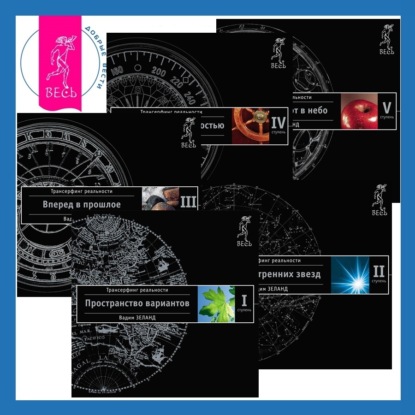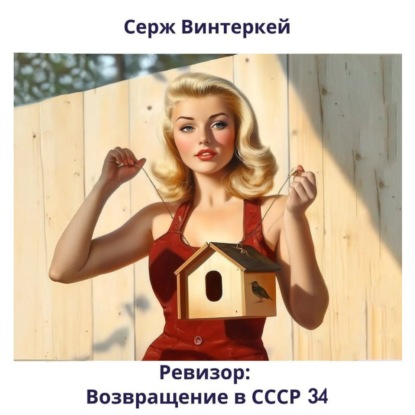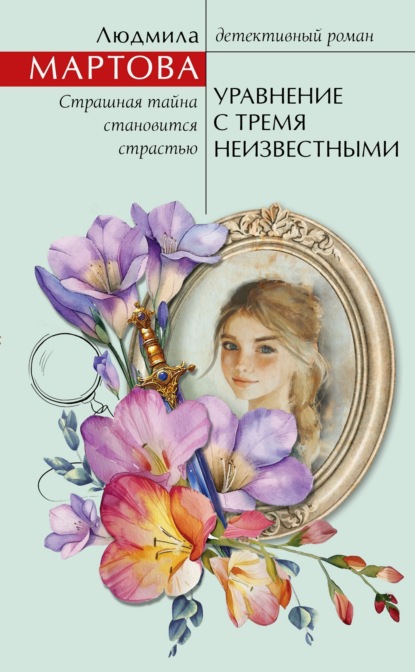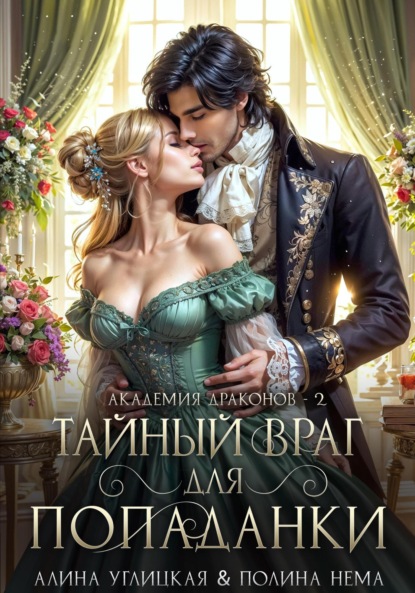Excerpt from Text Books of Art Education, Vol. 4
In presenting to the public the series of Text Books of Art Education, of which this volume is a part, it is desired to state briefly the aims and purposes of the plan upon which the series is based.
It is not necessary to review the history of art education in public schools, nor to present argument for the introduction or retention of drawing as an important study. These questions have been exhaustively treated, and need no fresh discussion. The school that does not offer to its community some kind of systematic art instruction is today an exception.
Education along specific lines should conform to the philosophy which is accepted as fundamental in general educational work. The educational principles adhered to in these books are, therefore, in accord with the psychological laws of child development which are endorsed by the leading educators of the present time, and the effort has been made to work out in these books a series of lessons that shall be not only educationally sound and artistically correct, but at the same time adapted in the different stages to the child"s ability to comprehend and his power to express.
With this end in view, the lessons in the Text Books of Art Education have been divided into three groups which may be known as the Observational or Objective Group, in which the study of things is the aim; the Subjective Group, in which the study of principles or laws of beauty is the aim; and the Creative Group, in which the application of accumulated knowledge and ability is the aim. In furthering the work of the first group, the topics so familiar to the art teacher of our modern schools are treated - landscape, plants, life, and still life. In the second group are presented the principles of perspective, of industrial drawing, of color harmony, and most important of all, the principles of pure design. In the third group are placed creative exercises in composition, in decorative design, and in many forms of manual training. While the same division of work is kept throughout the course, the manner of presentation differs greatly in the different years. In the primary grades, the work is largely objective in its character. Children are taught to see and to do.
About the Publisher
Forgotten Books publishes hundreds of thousands of rare and classic books. Find more at www.forgottenbooks.com
This book is a reproduction of an important historical work. Forgotten Books uses state-of-the-art technology to digitally reconstruct the work, preserving the original format whilst repairing imperfections present in the aged copy. In rare cases, an imperfection in the original, such as a blemish or missing page, may be replicated in our edition. We do, however, repair the vast majority of imperfections successfully; any imperfections that remain are intentionally left to preserve the state of such historical works. Это и многое другое вы найдете в книге Text Books of Art Education, Vol. 4 (Classic Reprint)















